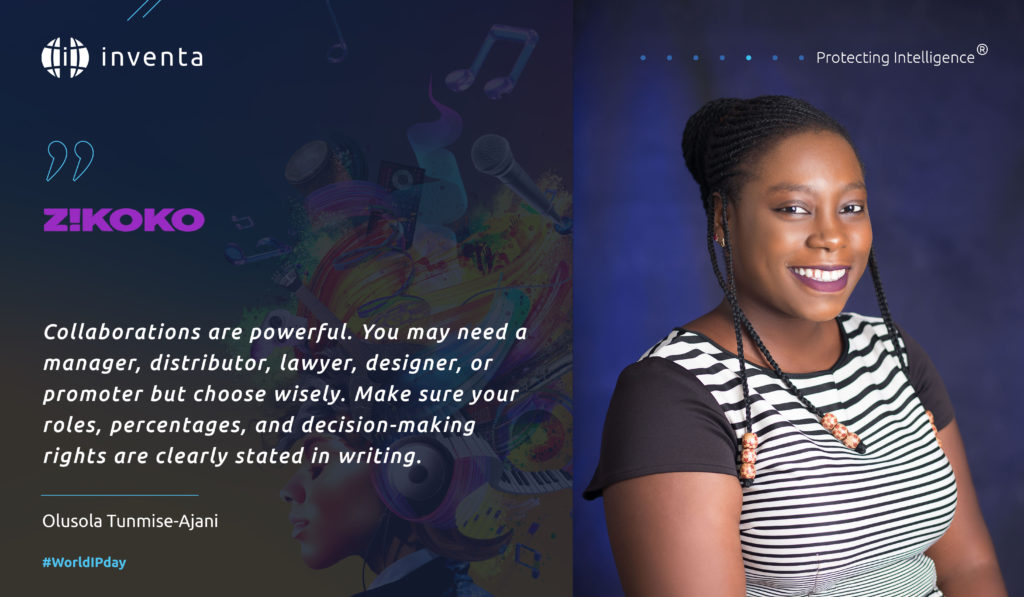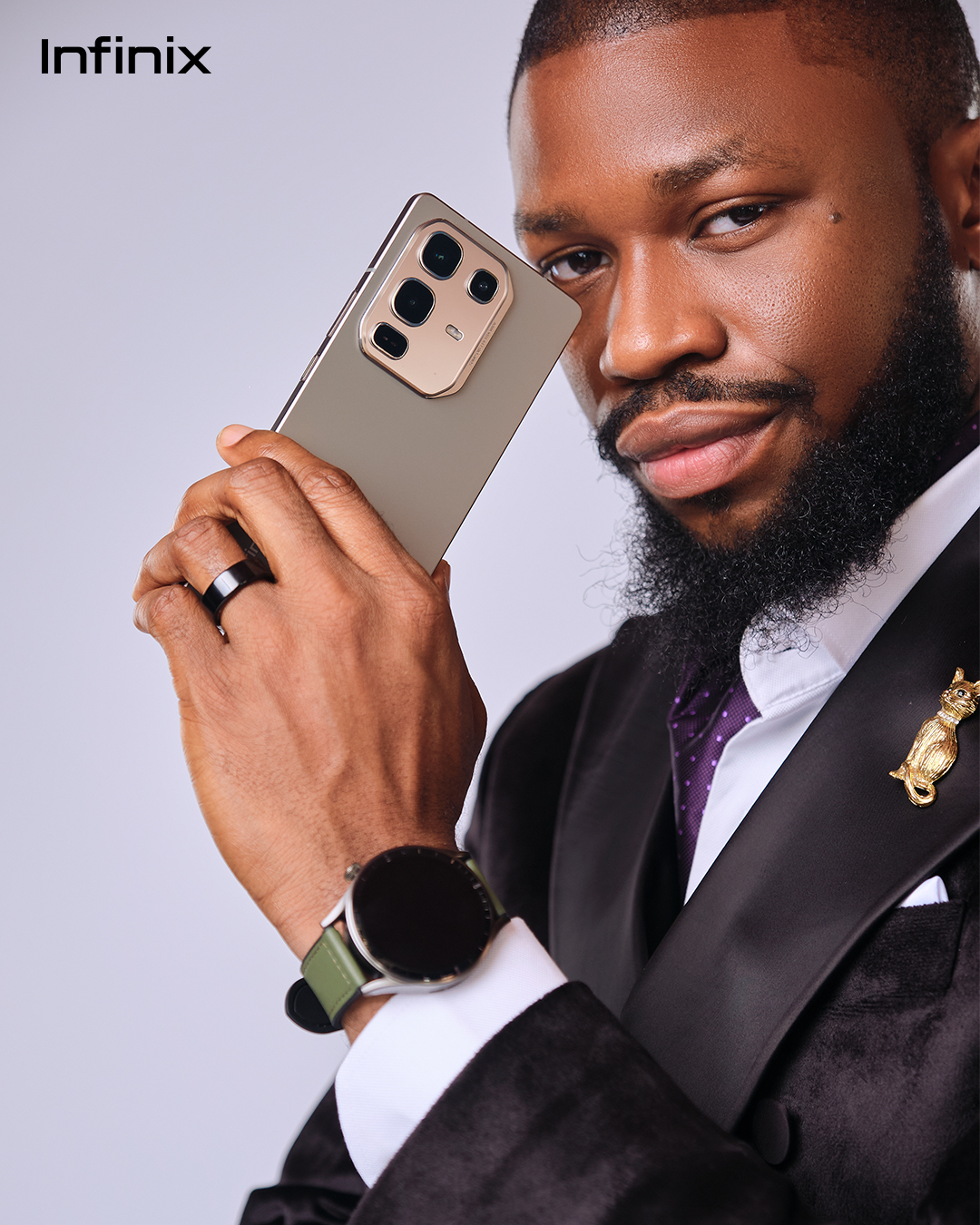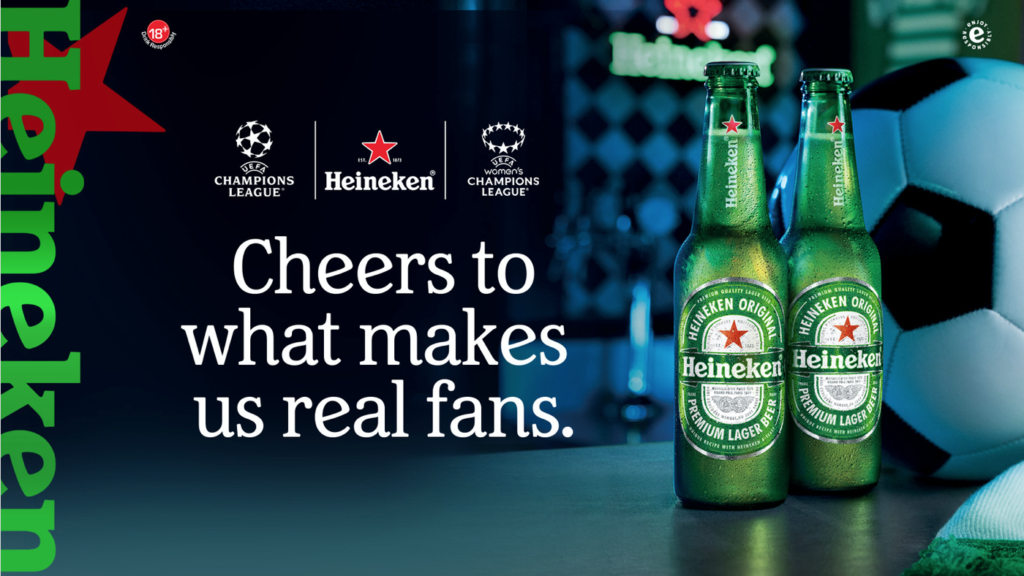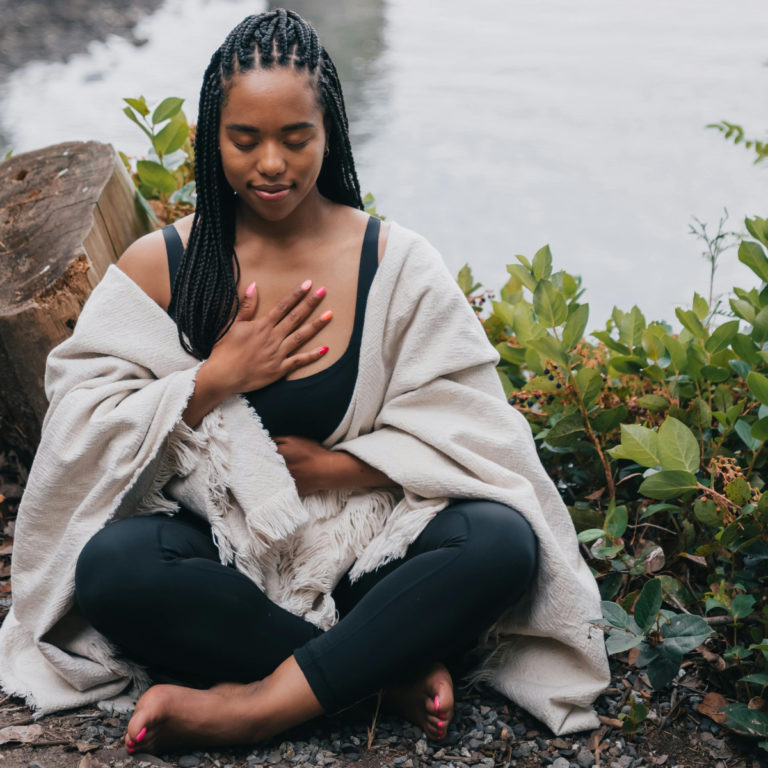
Creativity is Your Capital: How to Bank on Your Talent Legally
In the digital age, creativity is no longer just a passion, it’s capital. In Nigeria, where music, film, fashion, design, and content creation are booming industries, our artists are sitting on untapped wealth. But there’s a catch: without legal knowledge and protection, your talent is like money under a leaking roof, slowly washing away.
To truly “bank” on your talent, you must treat it as an asset. And just like any valuable asset- land, gold, or company shares, it must be protected, structured, and leveraged wisely.
The Creative Boom in Nigeria and Its Hidden Risks
From Afrobeats dominating global charts to Nollywood’s Netflix invasion, Nigerian creatives are now global exports. Yet, many of these same creatives are locked in disputes over royalties, rights, and revenue. Why? Because contracts are signed without legal advice. Intellectual property is left unregistered. Revenue streams are misunderstood or ignored.
This needs to change. The first step is recognizing your creativity as capital and the next is learning how to protect and monetize that capital.
Start with the Basics: Protect Your Work
The foundation of financial success as a creative is legal protection; and this starts with intellectual property (IP).
Under Nigerian law, your creative output can be protected as:
- Copyright (for music, film, literary works, software, etc.)
- Trademarks (for brand names, slogans, logos)
- Design rights (for fashion, product packaging, digital interfaces)
- Patents (for inventions or innovative production techniques)
When you protect your work, you create exclusive rights and those rights can make you money.
Revenue Streams Every Creative Should Know
Once your work is protected, it becomes a revenue-generating asset. Here are some ways Nigerian creatives can earn:
- Licensing: You can allow others to use your work- for example, a song, image, video, script, etc. for a fee. For example, a brand using your track in their ad must pay for a license. Licensing can be exclusive (only one licensee) or non-exclusive (many users).
- Royalties: If your music plays on radio or is streamed online, you are entitled to royalties. Nigeria has Collective Management Organisations (CMOs) like COSON and Reprographic Rights Organisation of Nigeria (REPRONIG) that manage this, but many creatives don’t register or follow up.
- Merchandising: Think beyond your music or art- put your brand on t-shirts, mugs, or events. This is especially powerful for artists with strong followings.
- Digital Distribution: Platforms like YouTube, Audiomack, Boomplay, Spotify, and Apple Music offer income, but you need to register, manage your content, and track your payouts
- Public Performance Fees: If your work is performed live or used in public (clubs, concerts, malls), you may be entitled to performance fees or royalties.
Don’t Just Sign the Contract – Understand It
Too often, young creatives sign away their future in a rush to “blow.” Some record labels or media houses offer quick fame but take permanent control of your work, name, and profits.
Before signing any contract:
- Consult a lawyer who understands entertainment/IP law.
- Understand ownership clauses- are they buying your rights or licensing them?
- Watch for vague royalty structures, lifetime commitments, and restrictive terms.
A good contract should protect both parties, not enslave one.
Form Strategic Partnerships, Not Just Deals
Collaborations are powerful. You may need a manager, distributor, lawyer, designer, or promoter but choose wisely. Make sure your roles, percentages, and decision-making rights are clearly stated in writing.
It’s not about finding the “biggest” partner- it’s about finding the right one with the right structure.
Invest in Legal Literacy
This doesn’t mean you must become a lawyer. But at the very least, understand the value of your rights and what you’re giving up in any deal.
Attend creative business workshops. Follow legal professionals on social media. Read up on IP law (many WIPO and Nigerian copyright guides are free online). Engage your lawyer early- not when there’s a dispute.
Creativity is Global – So Should Your Strategy Be
With the internet, your work doesn’t stop at Lagos or Abuja. Your content can trend in London, Johannesburg, or Los Angeles. That means your protection and monetization strategy must also be global.
You can:
- Register your trademarks internationally through cross-jurisdictional platforms like OAPI, ARIPO, under the WIPO Madrid System, etc.
- Join global digital royalty collection agencies like Distrokid.
- Seek international licensing or sync deals (e.g., for Netflix, video games, ads).
Final Word: Don’t Just Create — Own and Control
In a world where ideas are currency, your creativity is your capital. Don’t leave it exposed. Don’t give it away cheaply. And don’t rely only on hype and followers.
Register your rights. Read your contracts. Know your worth.
Because talent feeds the dream — but the law protects the bag!




